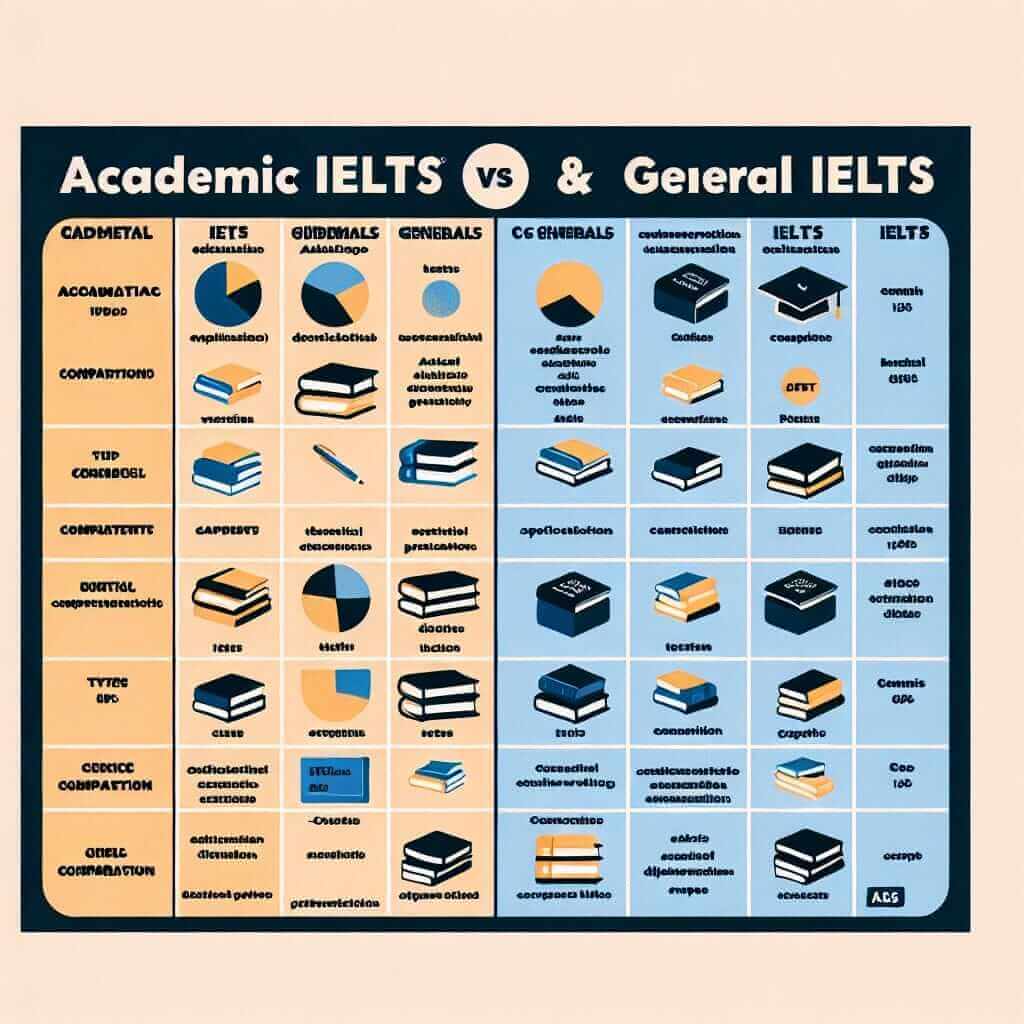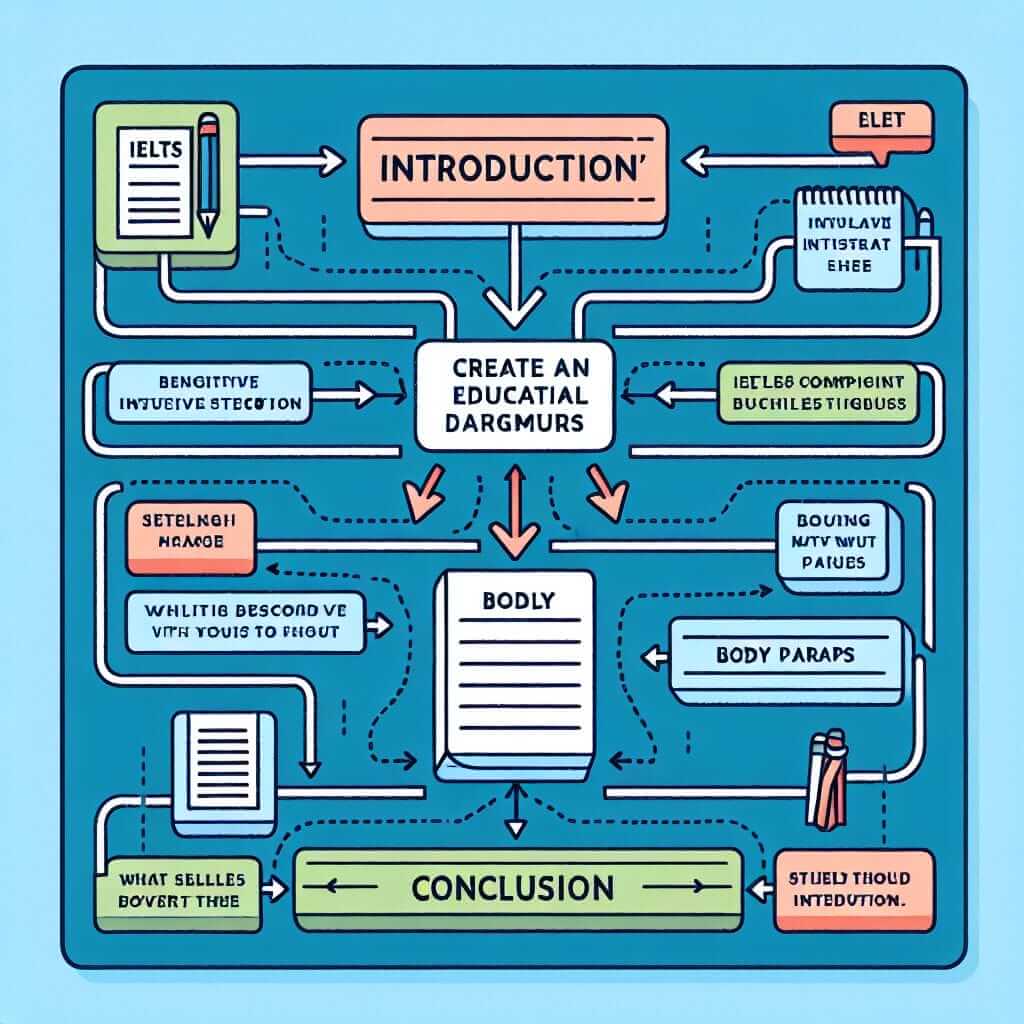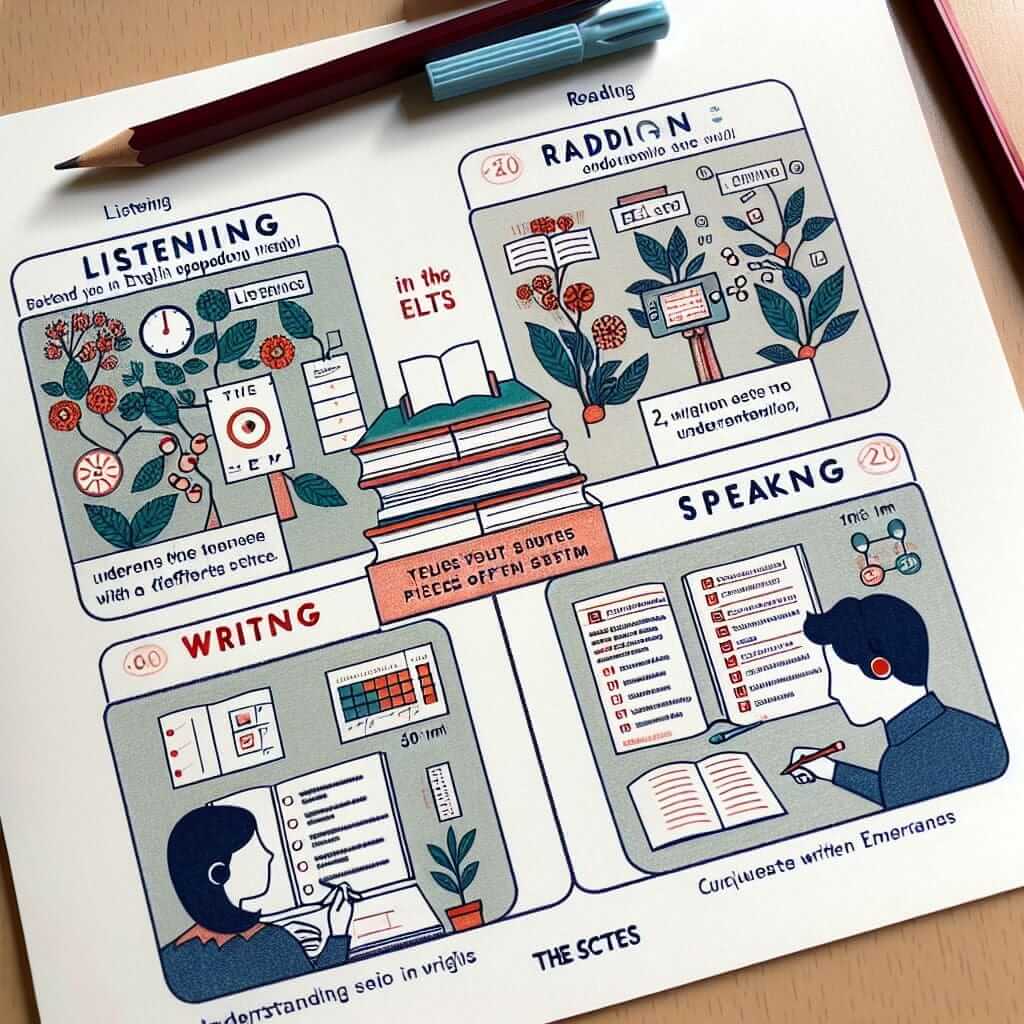As an IELTS instructor with over 20 years of experience, I’ve encountered numerous questions about the IELTS exam. One of the most common inquiries is about the difference between Academic IELTS and General IELTS. This comprehensive guide will delve into the nuances of each test, providing clarity for test-takers.
Table Of Contents
- Decoding the Acronyms: Academic IELTS vs. General IELTS
- Academic IELTS: The Gateway to Higher Education
- General IELTS: Your Path to Global Opportunities
- Dissecting the Differences: Test Format and Content
- Listening and Speaking: Common Ground
- Reading and Writing: Where the Paths Diverge
- Illustrative Examples: Spotting the Differences
- Strategic Preparation: Tailoring Your Approach
- Concluding Thoughts
Decoding the Acronyms: Academic IELTS vs. General IELTS
Understanding the purpose of each test is paramount in determining which one aligns with your goals.
Academic IELTS: The Gateway to Higher Education
Academic IELTS is specifically designed for individuals aspiring to pursue undergraduate or postgraduate studies in an English-speaking country. Universities often require a specific Academic IELTS score as part of their admission criteria.
General IELTS: Your Path to Global Opportunities
General IELTS caters to individuals seeking to:
- Migrate to an English-speaking country: Countries like Canada, Australia, and New Zealand often use General IELTS scores to assess English language proficiency for immigration purposes.
- Gain work experience: Certain professions may require a specific General IELTS score as proof of English language competency.
- Undertake training programs: Some vocational training courses may have English language prerequisites that can be fulfilled with a General IELTS score.
Dissecting the Differences: Test Format and Content
While both tests evaluate English language proficiency across four modules – Listening, Reading, Writing, and Speaking – the content and style of questions differ significantly.
Listening and Speaking: Common Ground
Both Academic and General IELTS share the same Listening and Speaking modules. These modules assess your ability to:
- Understand spoken English: This includes comprehending lectures, conversations, and social interactions.
- Communicate effectively: You’ll be evaluated on fluency, vocabulary, grammar, pronunciation, and coherence.
Reading and Writing: Where the Paths Diverge
Reading:
- Academic IELTS: Presents three lengthy academic texts, often extracted from journals, books, or newspapers, requiring you to comprehend complex language and arguments.
- General IELTS: Features texts related to everyday life, such as advertisements, notices, or work-related documents, assessing your ability to understand practical information.
Writing:
- Academic IELTS: Requires two writing tasks. The first involves describing visual information presented in a graph, chart, or diagram. The second task demands an essay analyzing an argument or opinion.
- General IELTS: Also includes two writing tasks. Task 1 focuses on writing a letter, often in response to a given situation. Task 2 mirrors the Academic IELTS essay, but the topic may be more general in nature.
 Academic IELTS vs. General IELTS
Academic IELTS vs. General IELTS
Illustrative Examples: Spotting the Differences
Let’s examine how questions differ between Academic and General IELTS:
Reading:
- Academic IELTS: “Explain the author’s stance on the impact of globalization on developing countries.”
- General IELTS: “What are the eligibility criteria for applying for a driver’s license?”
Writing (Task 1):
- Academic IELTS: Describe the trends depicted in the graph showing the population growth of major cities over a decade.
- General IELTS: Write a letter to your landlord requesting repairs for a leaking faucet in your apartment.
Strategic Preparation: Tailoring Your Approach
- Identify your test: Determine whether you need Academic or General IELTS based on your goals.
- Familiarize yourself with the format: Understand the structure and timing of each module.
- Practice extensively: Utilize official IELTS practice materials to simulate real exam conditions.
- Focus on your weaknesses: Identify areas where you struggle and dedicate extra time to improving.
- Seek expert guidance: Consider taking an IELTS preparation course or working with a tutor to refine your skills.
Concluding Thoughts
Choosing the correct IELTS test is crucial for your future endeavors. By grasping the distinctions between Academic and General IELTS, and strategically preparing for your chosen test, you can confidently approach the exam and achieve your desired results. Remember, dedicated effort and focused practice are key to unlocking your success!



